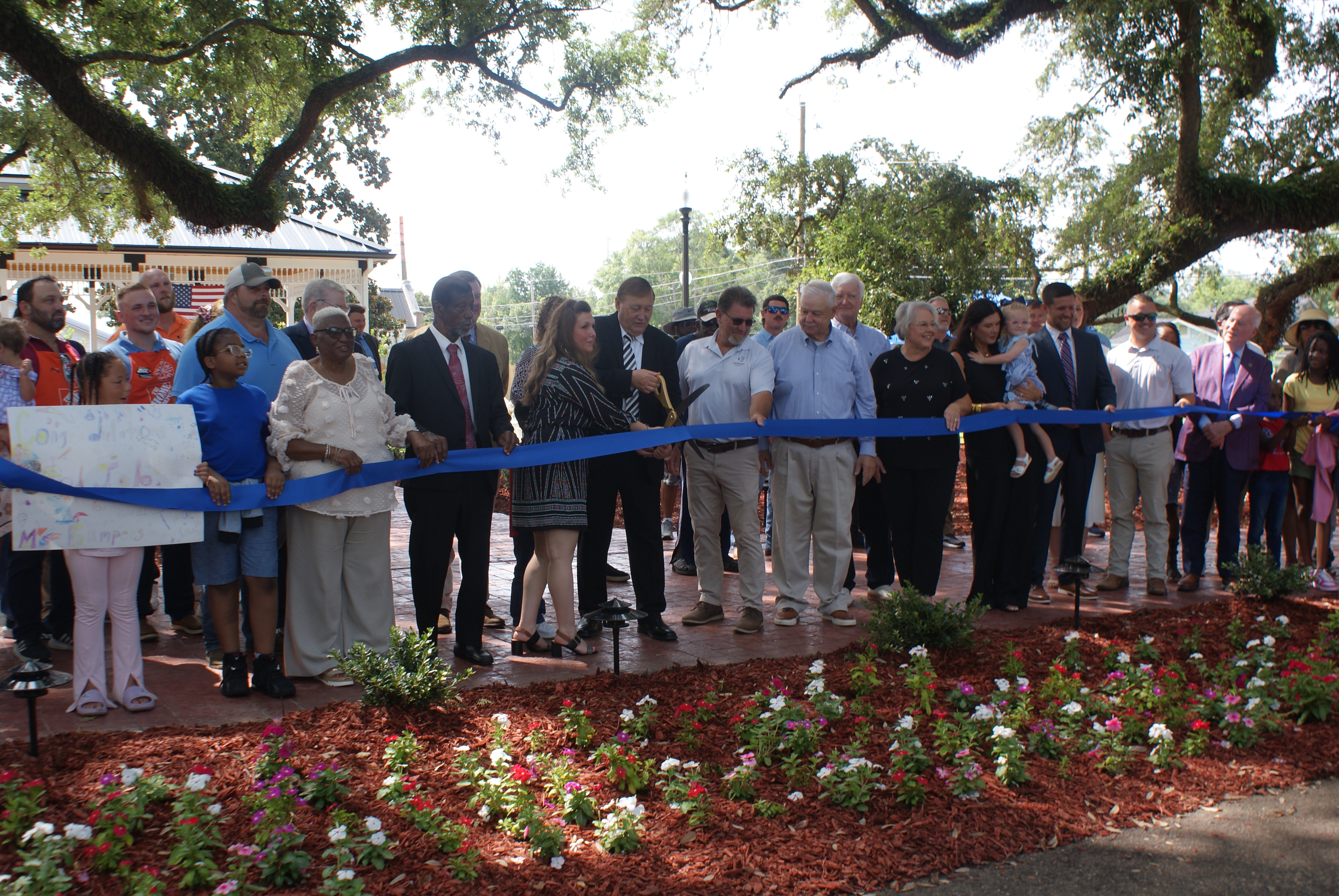Turning the page on 9/11
Published 4:30 pm Monday, April 20, 2009
If one theme sums up President Obama’s first extended foreign trip, it is this: The era defined by 9/11 is over. It’s time to turn the page and start a new historical cycle marked by different issues and changing relationships.
In London, at the beginning of his trip, Obama advanced his theme by emphasizing that the “gravest threat” to American security was not unbridled Islamic terrorism but uncontrolled nuclear weapons. In reopening arms-reduction talks with Russia, he was saying, in effect, that Vladimir Putin remains more important to the national interest than Osama bin Laden.
But the most intriguing moment was a town-hall meeting he held with students in Istanbul at the end of his eight-day journey. “I came to Turkey,” he told them, “because I am deeply committed to rebuilding a relationship between the United States and the people of the Muslim world — one that’s grounded in mutual interest and mutual respect.”
That tone contrasts sharply with his predecessor. George Bush presided over a country deeply traumatized by the horrific events of September 2001. He launched a “crusade” (a word he later jettisoned) against a Muslim country, captured and jailed hundreds of Muslims, and vowed to seize the leaders of Al Qaeda “dead or alive.”
No one is minimizing the significance of 9/11, but it happened more than seven years ago. Seven years after Pearl Harbor, Americans were rebuilding Japan and Germany. So it’s entirely proper for Obama to rebuild America’s relationship with the Muslim world. And he can start at home, by ending racial profiling.
A Muslim woman who wears a headscarf told us that she is stopped for special screening every time she passes through an airport. “What really bothers me,” she said, “is that all these observers see this woman of color, wearing a hijab, and she’s being pulled aside. There goes that stigma, you know.”
Obama knows that stigma well. An underground whispering campaign, accusing him of being a Muslim, surfaced at a campaign rally for John McCain. “I don’t trust Obama. I have read about him. He’s an Arab,” a woman told the Republican candidate. To his credit, McCain protested “No. Nope. No, ma’am. No, ma’am.” But he never said, what’s wrong with being an Arab? There goes that stigma.
Developing “mutual respect” is even more difficult on the international level, but Obama’s remarks in Istanbul reveal his approach, and it’s based on a deep faith in the power of words. “The most important thing to start with is dialogue,” he said, adding, “We have to listen carefully to each other.”
A second part of his strategy is to use himself to exemplify the benefits of tolerance. If America was not a country where people of different backgrounds “shared ideals,” he maintained, then “somebody named Barack Hussein Obama would not be elected president.”
Third, he clearly sees young people as a channel for his message because they avoid the baggage of past grievances. “Old people,” he told the students, “get into habits, and we become suspicious and we carry grudges. Right?”
Fourth, he appeals to the self-interest of the younger generation, arguing that “educational opportunities” offer a much brighter future than rock throwing or bomb making.
Obama’s fifth theme is that, despite religious or racial differences, all people really want the same things — “a family of your own,” a good education and medical care for their children. When he tells young people to focus on their similarities, instead of their differences, he’s really reviving a strategy he used to great success last fall, when he employed his wife and children to send the message to dubious voters: “I’m just like you.”
His final note is patience. Only “slowly, over time,” will attitudes change; only four or eight years from now, he told his young audience, will they be able to see “that what I did made progress.”
Obama is determined to forge a post-9/11 world, but he cannot do it alone. Relationships require two partners; dialogue takes two sides. It’s time for the reasonable voices in the Muslim world to hear his plea and take his hand, to have the courage to reject the jihadists and openly agree with Obama’s statement: “I have no sympathy and I have no patience for people who would go around blowing up innocent people for a political cause.”
He is counting on the young people who heard him in Istanbul, and throughout the Muslim world, to deliver that message to their elders.
(Cokie Roberts’ latest book is “Ladies of Liberty: The Women Who Shaped Our Nation” (William Morrow, 2008). Steve and Cokie Roberts can be reached at stevecokie@gmail.com.)





